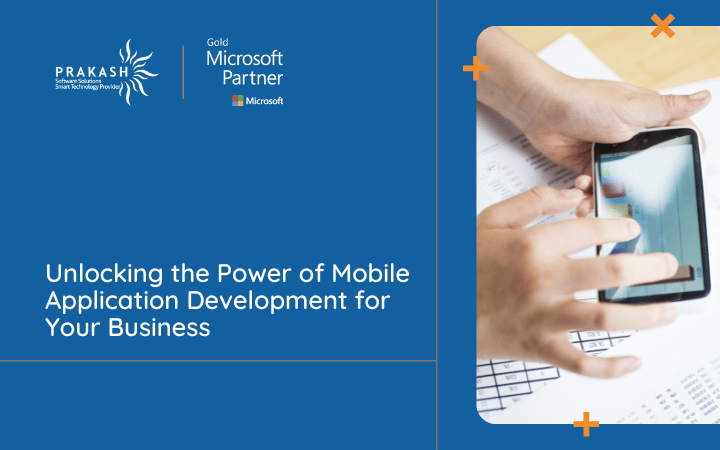Author: Ankit
Date: 18-11-2024

Scaling a B2C e-commerce app to handle increasing traffic and transactions without compromising performance is crucial in today's competitive market. A scalable e-commerce app ensures seamless customer experiences, supports business growth, and handles unexpected traffic surges effortlessly. In this blog, we will explore the strategies, technologies, and practices needed to ensure scalability in your B2C e-commerce app. Collaborating with a top B2C E-commerce Apps development company India can make this process efficient and cost-effective.
Why is Scalability Crucial for E-commerce Apps?
- Improved User Experience: Ensures fast load times and smooth navigation even during high traffic periods.
- Business Growth: Accommodates increasing users, products, and transactions as your business expands.
- Cost Efficiency: Optimized resource utilization helps reduce operational costs.
- Customer Retention: A reliable app builds trust and loyalty among customers.
Key Features to Consider for a Scalable E-commerce App
- Robust Backend Architecture: Ensures the app can handle high data volume efficiently.
- Efficient Database Design: Supports fast data retrieval and processing.
- Cloud Infrastructure: Provides flexibility to scale resources as needed.
- Load Balancing: Distributes traffic evenly to avoid server overload.
- Microservices Architecture: Allows independent scaling of app modules.
Steps to Ensure Scalability in Your E-commerce App
1. Adopt Cloud-Based Solutions
- Benefits of Cloud Computing:
- On-demand scalability
- Cost efficiency with pay-as-you-go models
- High availability and disaster recovery
- Top Cloud Providers: AWS, Google Cloud, and Microsoft Azure
2. Implement Load Balancing
- What is Load Balancing? Distributes user requests across multiple servers to prevent overloading.
- Benefits:
- Improved app reliability
- Optimized resource utilization
- Enhanced user experience
3. Use a Microservices Architecture
- What are Microservices? Small, independent modules that work together to form a complete application.
- Advantages:
- Independent scalability of app components
- Easier debugging and maintenance
- Faster deployment cycles
4. Optimize Your Database
- Database Optimization Techniques:
- Indexing for faster data retrieval
- Sharding to distribute data across multiple databases
- Using NoSQL databases for unstructured data
5. Leverage Content Delivery Networks (CDNs)
- Benefits of CDNs:
- Faster content delivery
- Reduced server load
- Enhanced user experience for global audiences
6. Conduct Regular Load Testing
- Importance of Load Testing:
- Identifies potential bottlenecks
- Ensures app stability under peak loads
- Helps optimize resource allocation
Technologies for Building Scalable E-commerce Apps
| Technology | Purpose | Examples |
|---|---|---|
| Cloud Platforms | Scalable hosting and infrastructure | AWS, Google Cloud, Microsoft Azure |
| Databases | Efficient data management | MySQL, MongoDB, Cassandra |
| Load Balancers | Distributes traffic evenly | Nginx, HAProxy, AWS Elastic Load Balancer |
| Microservices | Modular app architecture | Spring Boot, Docker, Kubernetes |
| CDNs | Faster content delivery | Cloudflare, Akamai, AWS CloudFront |
Challenges in Achieving Scalability
- High Development Costs: Scalable infrastructure and advanced features require investment.
- Complex Architecture: Microservices and cloud-based systems add complexity.
- Data Security: Ensuring secure data handling and compliance with regulations is essential.
- Performance Monitoring: Requires continuous monitoring and optimization.
How a Mobile App Development Company in India Can Help
- Expertise: Experienced developers skilled in building scalable e-commerce apps.
- Cost-Effectiveness: Competitive pricing compared to global markets.
- Customized Solutions: Tailored app features to meet specific business needs.
- 24/7 Support: Timely support and maintenance services.
Cost Estimation for Building a Scalable E-commerce App
| Feature/Service | Estimated Cost (USD) |
|---|---|
| Basic App Development | $10,000 - $20,000 |
| Cloud Integration | $5,000 - $10,000 |
| Database Optimization | $5,000 - $8,000 |
| Microservices Implementation | $10,000 - $15,000 |
| Load Testing | $3,000 - $5,000 |
| CDN Integration | $2,000 - $4,000 |
| Total Estimated Cost | $35,000 - $62,000 |
Conclusion
Ensuring scalability in your B2C e-commerce app is essential for maintaining a seamless customer experience, supporting business growth, and optimizing costs. Adopting cloud-based solutions, implementing load balancing, leveraging microservices architecture, and collaborating with a reputed app development company India can significantly streamline the process.
To build a scalable, robust, and feature-rich e-commerce app, partner with a mobile app development company India that understands your business needs and delivers tailor-made solutions. Embrace scalability today to secure your position in the competitive e-commerce landscape.
12Your choice of weapon
Build your Apps for any Platform
Latest Blogs

Unlocking the Power of Android App Development for Your Business
Posted On: 06-Jun-2024
Category: business

Highlight the value proposition for your target audience mobile app developers, businesses seeking mobile app solutions
Posted On: 06-Jun-2024
Category: business

The Ultimate Guide to Mobile App Development for E-commerce Businesses
Posted On: 18-Jun-2024
Category: business
Revolutionize Your Retail Business with a Mobile App: Boost Sales & Customer Engagement
Posted On: 12-Jun-2024
Category: business

Empowering Entrepreneurs How Mobile Apps Can Drive Business Growth
Posted On: 18-Jun-2024
Category: business

Boost Productivity & Communication: Mobile Apps for Businesses of All Sizes
Posted On: 10-Jun-2024
Category: business
Related Services

We to code. It's our passion










you can also reach us at our given
email address or phone number.




